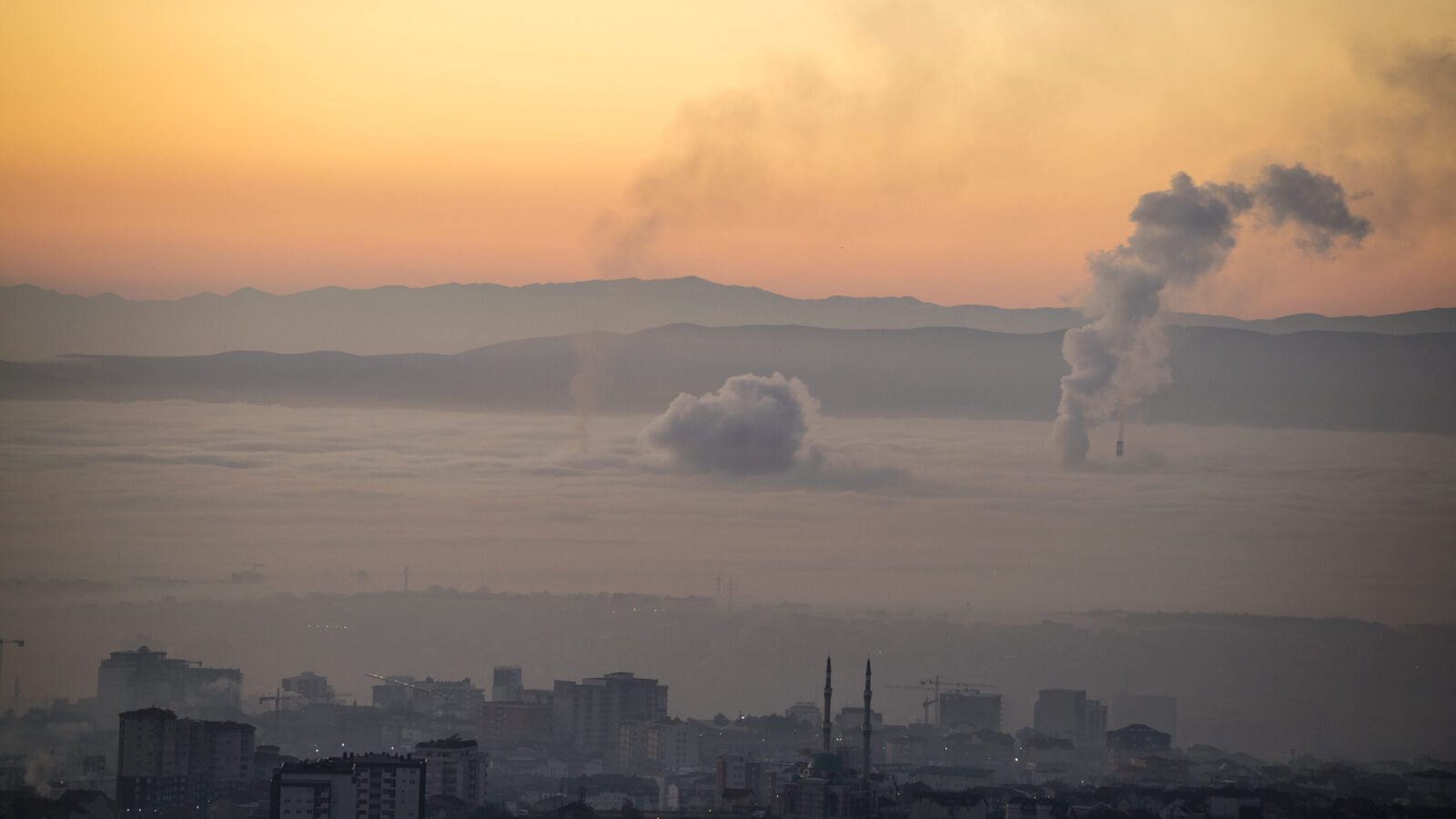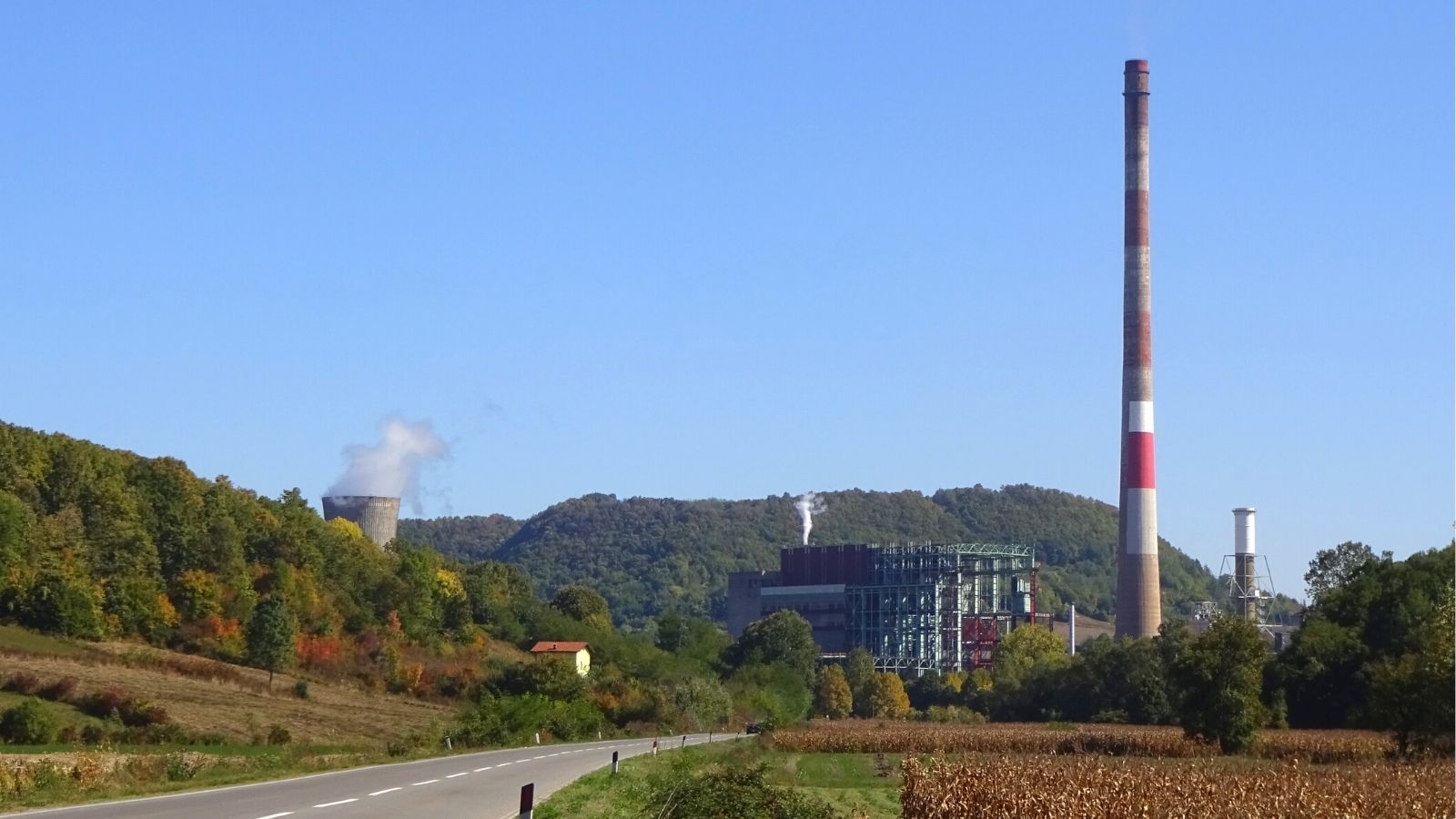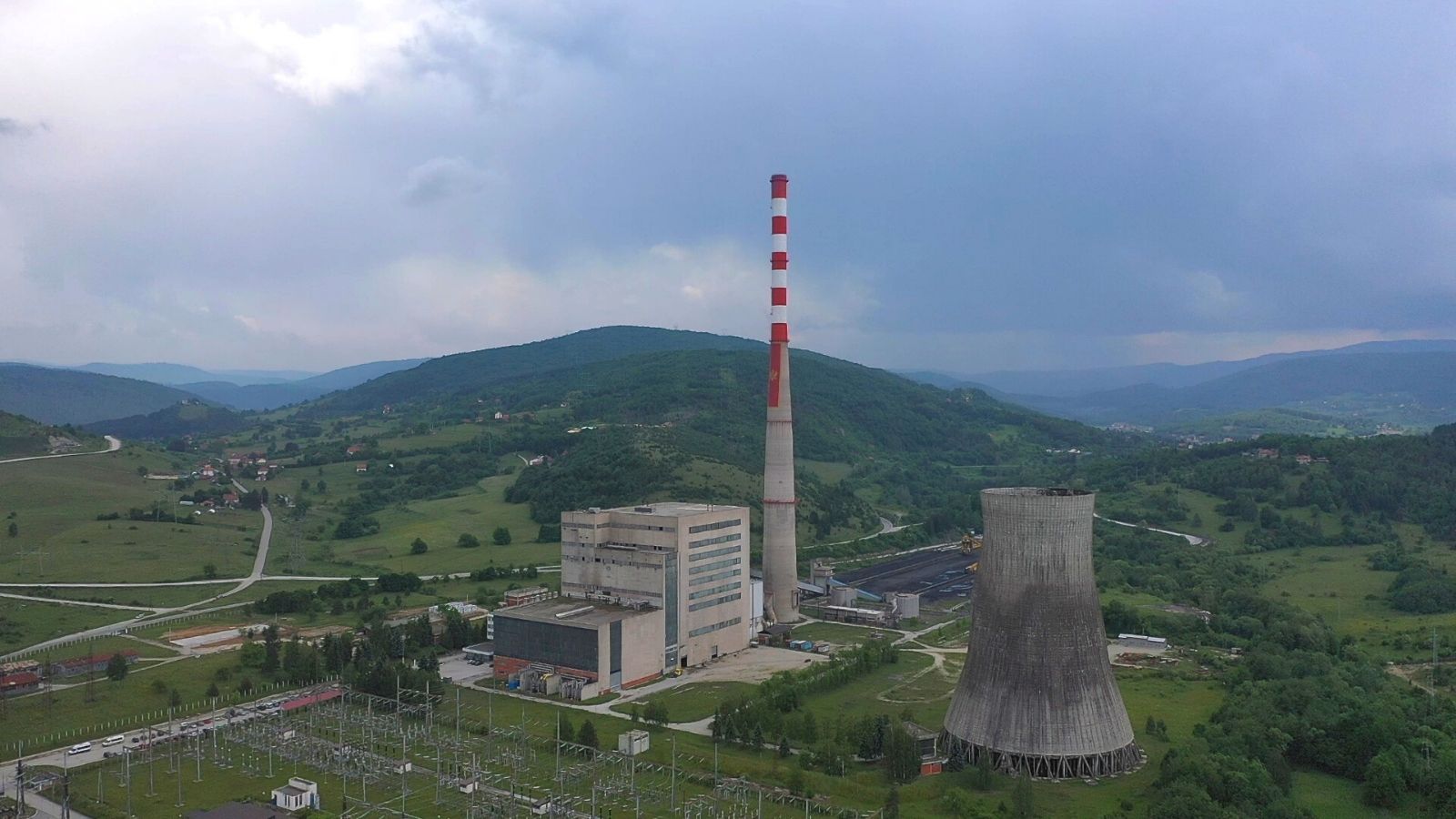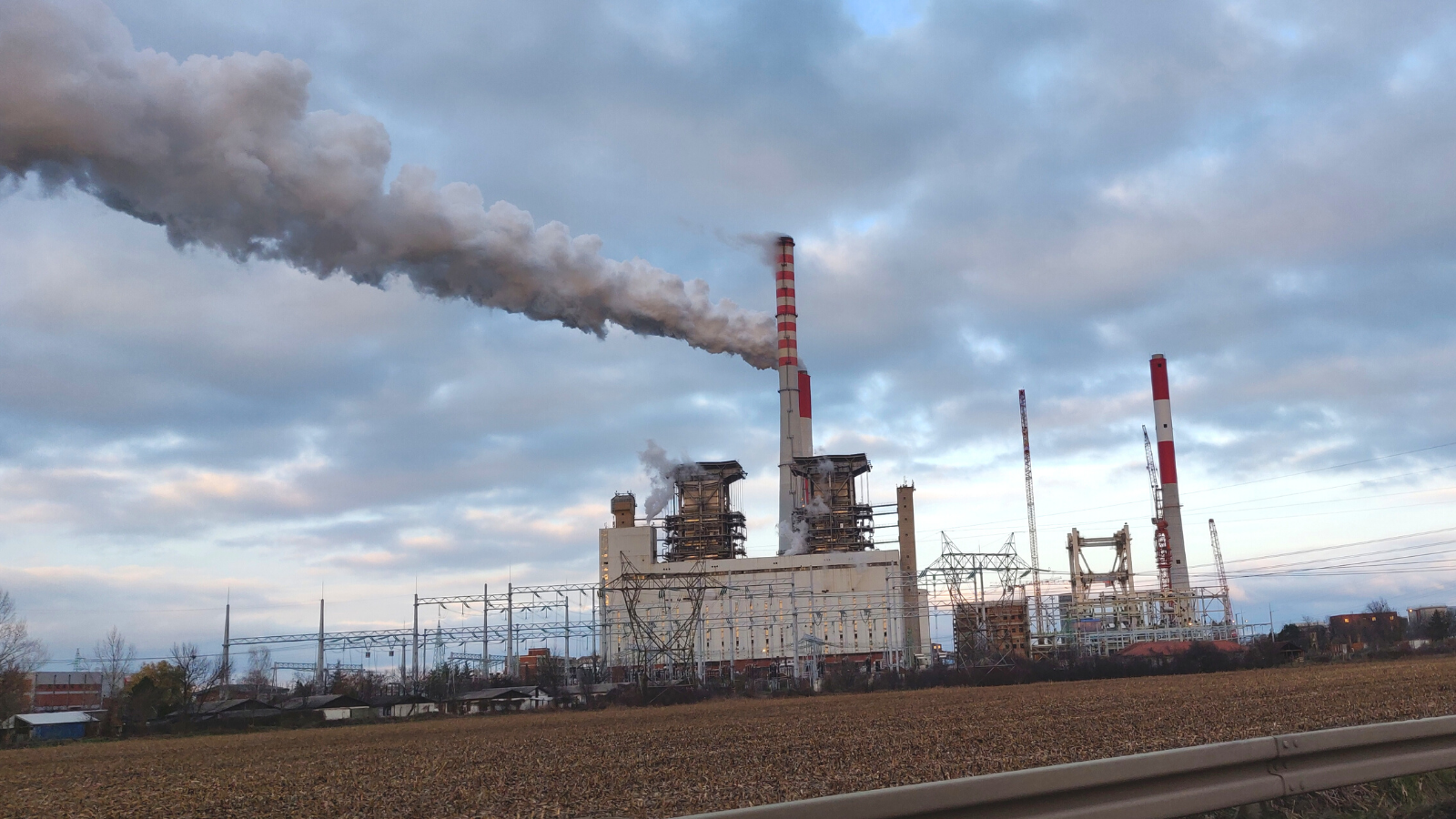Fossil fuels are fast losing their social license. It is becoming increasingly evident that countries’ continued reliance on dirty hydrocarbons escalates the climate crisis, worsens air pollution and enables war.
Long touted as a ‘bridge fuel,’ fossil gas now needs to be recognised by policymakers for the hurdle to the energy transition that it is, and multilateral development banks should urgently end support for gas projects and gas-dependent companies.
The energy transition has to be just and fast, with citizens, municipalities and workers as critical participants in the process. We are working to ensure no more public money is spent on coal, and public finance is used to accelerate this transition.
Stay informed
We provide updates in English from the Balkans and other coal regions.
IN FOCUS
Fossil gas
Fossil gas is the new coal. Although often labelled ‘natural,’ fossil gas is a major driver of the climate crisis. There is no more room for new investments in fossil gas projects if we are to avert the worst impacts of the climate crisis and set a path towards decarbonisation.
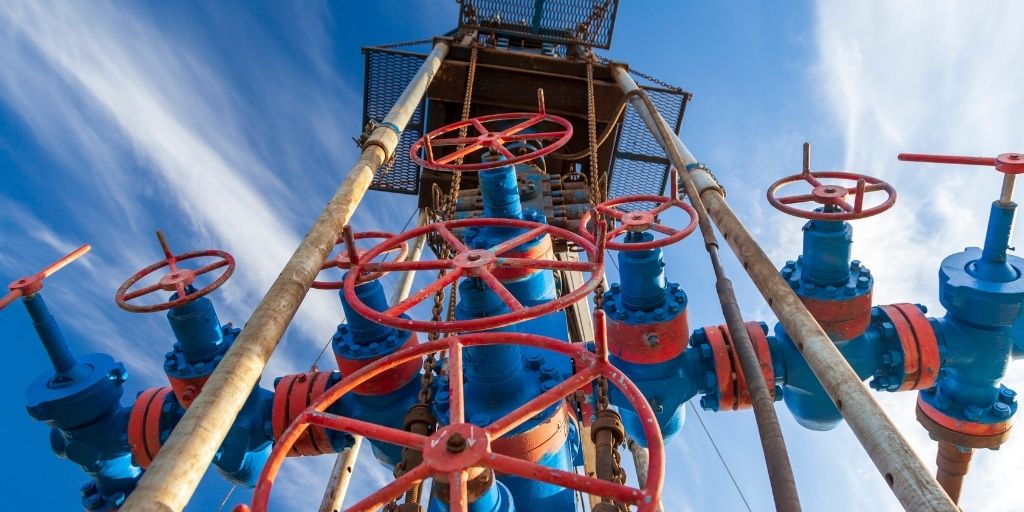
District heating
District heating and individual heating are still dominated by fossil fuels and inefficient burning of wood without regard to sustainability criteria, in combination with a low degree of energy efficiency. This has to change, since heating plays a crucial role in the transition into a clean and zero-carbon economy.
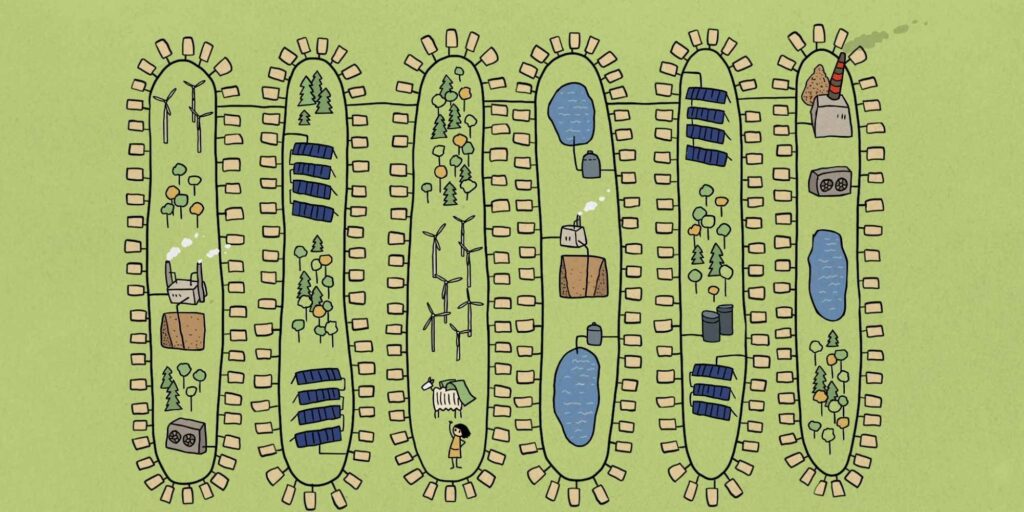
Just transition
No one should be left behind when we reconstruct our world into one driven by clean energy. Working on just transition brings all actors who believe in fair regional redevelopment to the same table: unions, industry, public administration, governments, civil society and others sharing this goal.

Modernisation fund
The Modernisation Fund can make a big difference. Redirecting future spending away from polluting energy sources while increasing support for sustainable energy investments would help Europe reduce emissions, slash air pollution, cut energy bills, improve energy security, and end the EU’s dependence on authoritarian regimes. To realise its potential, the Modernisation Fund needs to reform.
But will the EU seize the opportunity or leave its citizens to suffer the consequences?

Documentary: Turning the Tide
Our documentary exposes, for the first time, the extent of financial support four of the world’s leading multilateral development banks (MDBs) – the World Bank, the European Investment Bank, the Asian Development Bank and the European Bank for Reconstruction and Development – have been providing to the global fossil fuels industry over the past 13 years.
Our analysis shows that since 2008, the oil, coal and gas business has been enjoying no less than EUR 81.5 billion in support from these government-owned financial institutions in the form of loans, grants, credit lines and guarantees.
Coal projects
Ugljevik power plant, Bosnia and Herzegovina
Commissioned in 1985, the 300 MW coal power plant in Ugljevik, Bosnia and Herzegovina, has become famous for emitting more sulphur dioxide than all of Germany’s coal power plants in 2019.
Pljevlja I power plant, Montenegro
The existing 225 MW Pljevlja thermal power plant in the north of Montenegro, near the borders with Serbia and Bosnia-Herzegovina, has been operating since 1982. The plant was originally planned to comprise two units but the second one was never built. The plant, along with the extensive use of coal and wood for heating, has caused unbearably bad air quality in the town.
Kostolac B power plant (B1, B2), Serbia
The Kostolac B power plant, consisting of 2 units of 350 MW each, first started operating in 1987. In 2023, the plant delivered 4445 GWh of electricity to the grid, nearly 20 per cent of the country’s coal-based generation.
Latest news
EU-China summit an opportunity to tackle Chinese support for coal in southeast Europe
Press release | 8 April, 2019Brussels – With the EU-China summit kicking off in Brussels on April 9, Bankwatch launches a new analysis [1] showing 3.5 GW of new coal may be built in southeast Europe with Chinese support, including in EU member states Romania and Greece.
Read moreOtvoren postupak protiv BiH zbog garancija za TE Tuzla blok 7
Bankwatch in the media | 3 April, 2019Mutna posla – BiH garantira kredit čiji iznos baš i nije fiksiranSource: Otvoren postupak protiv BiH zbog garancija za TE Tuzla blok 7
Read moreBlok 7 TE Tuzla: Još 50 godina zagađenja Tuzlanskog kantona
Bankwatch in the media | 2 April, 2019Bosna i Hercegovina izdvaja stotine miliona eura godišnje kako bi subvencionirali ugalj, dok su energetska efikasnost i energija iz vjetra i sunca sistematski zanemareniSource: Blok 7 TE Tuzla: Još 50 godina zagađenja Tuzlanskog kantona
Read moreRelated publications
Implementation of the Climate Investment Funds Accelerating Coal Transition Investment Plan for North Macedonia, with recommendations for 2026
Briefing | 19 December, 2025 | Download PDFThis briefing takes a closer look at the Annual just transition implementation plan 2025 and gives several recommendations for the 2026 update.
Hallucinating hydrogen: Why the PCI/PMI process must be overhauled
Report | 10 December, 2025 | Download PDFA new report by Bankwatch and Food & Water Action Europe exposes the fossil gas industry’s influence over the EU’s Projects of Common and Mutual Interest (PCI/PMI), which has prompted the European Commission to grant priority status to a record number of cross-border hydrogen infrastructure projects.
Beyond the scoreboard: Energy sector transformation under the Reform and Growth Facility for the Western Balkans
Report | 5 December, 2025 | Download PDFThis analysis offers an overview of the energy-related reforms from Albania, Kosovo, Montenegro, North Macedonia and Serbia and then evaluates the countries’ progress.
